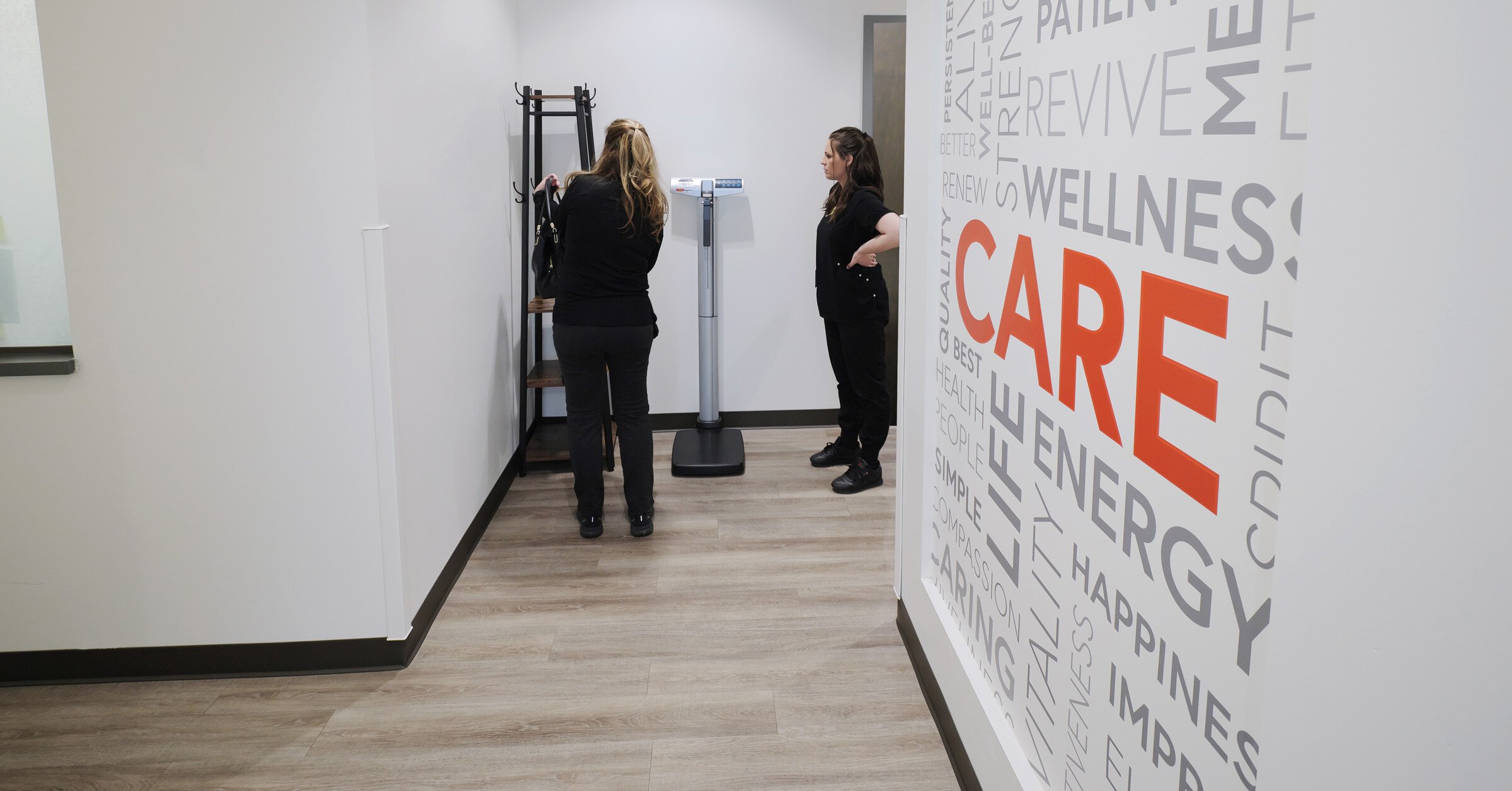
Employee trust has increased with employers, especially when it comes to health.
After two years of living through a global pandemic, we’ve seen consumer trust in leading institutions plummet dramatically, spurred on by the increased perception of politicization in government and media, evolving opinions from public figures and rampant disinformation.
The recent 2022 Edelman Trust Barometer Special Report: Trust and Health, revealed a 10-point drop in the public’s confidence to make informed decisions since 2017.
When trust in government fades, other institutions must assume the role to build confidence in evolving public health measures. According to the Edelman report, workers now turn to their employers for trusted health information versus traditional sources.
Study Reveals Employee Trust Begins with Transparency
Trust is a key determinant of health
The study revealed considerable differences between respondents with higher levels of trust versus those with lower levels of trust in the health ecosystem.
Notably, higher trusting individuals are far more likely to take preventive health measures like scheduling routine check-ups and getting vaccinated against COVID-19. They’re also more accepting of evolving opinions in the medical community.
The study found lower trusting individuals are less likely to regularly consume health information, take fewer steps to verify what they read across multiple sources and rarely change behaviors without consistent messaging — a key challenge as public health regulations shift to accommodate the latest scientific findings.
Lack of information is a leading barrier to health
A majority of respondents said they should take better care of their health, but when asked to list reasons for not seeking care, 50% cited high costs, while 47% mentioned a lack of trustworthy information.
Workers trust their employers to provide health information
When it comes to trust, respondents ranked their employers as a top source for obtaining accurate information, second only to national health authorities, and above media figures, corporations and social media.
“When the world gets scary, what do you do? You go back to your friends and your family and your group,” says Camille DeSantis, Executive Vice President, Group Head of Corporate and Biotech at Edelman. “So, for most of us, most of our waking hours are spent at the job. So employers become surrogates for families.”
What Can Employers Do to Build Trust in Health?
The Edelman study makes it strikingly clear: Over three quarters of workers today want their employer to facilitate a meaningful role in their healthcare. To improve employee health — and increase trust along the way — consider the following strategies.
1. Localize trust
Use local voices to build trust, such as employee ambassadors, trusted leaders within the organization or your health center providers. Employees are more likely to trust people they know and interact with on a daily basis.
“It can’t just sit in HR,” DeSantis says. “It has to be culture-wide across the organization. It has to be a philosophy of wellness and improving health for all.”
2. Provide clear and consistent information
To ensure trust, make sure to deploy clear and consistent communications.
“When given a piece of content or communication from either a national health authority or someone deemed “my employer,” the majority of people only had to see that piece of communication twice to trust it when it came from the employer,” DeSantis says.
Inevitably, policies and recommendations will evolve over time, so make sure to articulate the “why” behind any major changes. It’s important to consider how the Edelman study shows lower trusting employees are less likely to accept changing recommendations on health.
3. Take a stand against misinformation
DeSantis says employers should waste no time combating misinformation and disinformation in the workplace. Remember, employees are far more likely to heed health advice from their employers versus virtually all other sources.
“I suggest employers take a direct approach to debunk this information,” DeSantis says. “If they hear anything within their organization they know is not true, or they know is slightly wrong, it’s incumbent on them to make a correction.”
4. Embrace the employer role in driving health outcomes
In the new normal, DeSantis says employers increasingly need to take a leading role in promoting healthy initiatives and building trust for all workers.
“We recommend employers provide clear, reliable information,” DeSantis says. “They need to design inclusive health programs and health policies and incentives to encourage better outcomes and better participation for their workforces.
“We’ve also seen an increase in employees looking for their companies to provide healthy work environments,” DeSantis adds. “So, air, space, cleaning supplies, cleaning routines. And especially in the last couple of years, the ability to take care of you mentally, physically and emotionally.”